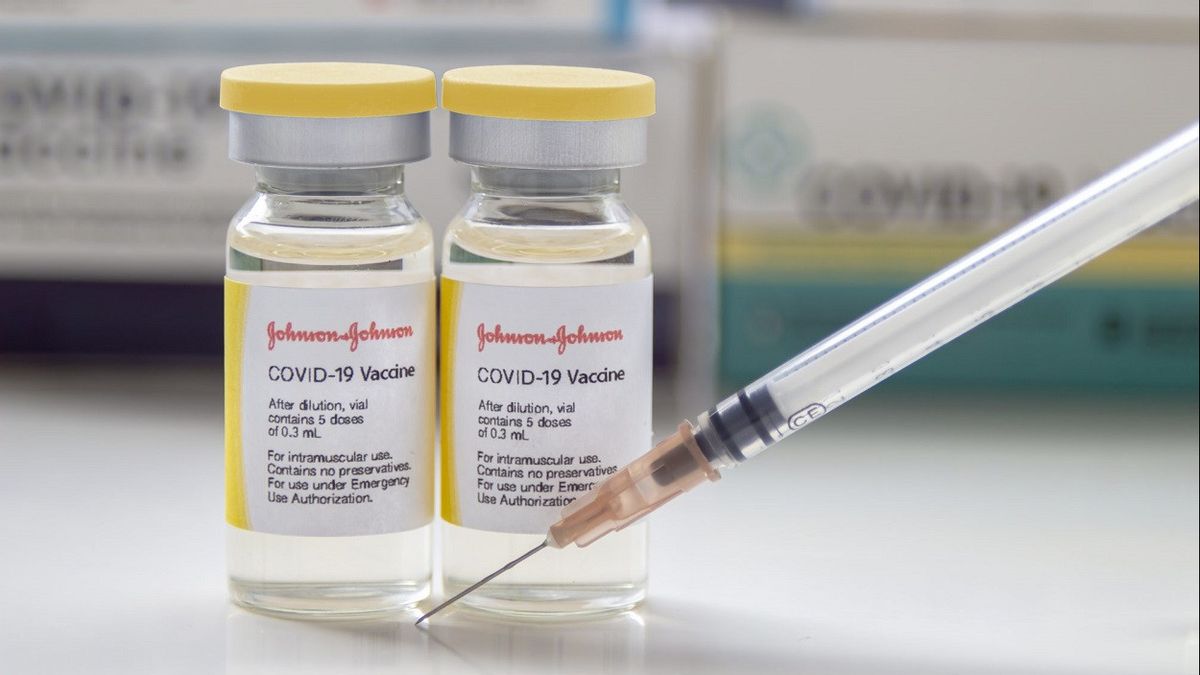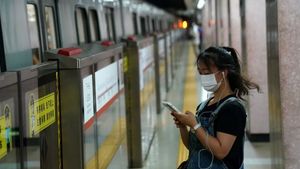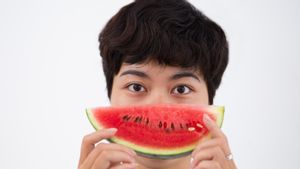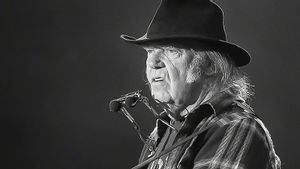JAKARTA - COVID-19 vaccine manufacturer Johnson & Johnson said Tuesday that a second dose of its COVID-19 vaccine, given about two months after the first, increased its effectiveness to 94 percent in the United States against moderate to severe forms of the disease.
This figure is comparable to a single dose of 70 percent protection, where the Johnson & Johnson vaccine is a single dose vaccine, in contrast to other vaccines that consist of two doses.
The data will help J&J share its opinion with US regulators on booster doses, although the company is also emphasizing the durability of single-injection vaccines as a tool to mitigate the global pandemic.
President Joe Biden pushed for booster injections in the face of a surge in hospitalizations caused by the Delta variant. Meanwhile, J&J, the only drugmaker with a single-dose COVID-19 vaccine approved in the United States, is being asked to prove the effectiveness of an additional or booster dose.
"The company has now produced evidence that booster injections further enhance protection against COVID-19," said Dr. Paul Stoffels, J&J's chief scientist in a statement.
J&J said a booster given two months after the first dose increased antibody levels four to six times. When given six months after the first dose, antibody levels jumped twelvefold, data released last month showed, suggesting a large increase in protection with longer intervals between doses.
Side effects with two doses are comparable to those seen in studies with single-dose vaccines. The data has not yet been peer reviewed, but will be submitted for publication in the coming months.
To date, only Pfizer Inc.,/BioNTech SE has submitted sufficient data to US regulators to evaluate whether a booster is needed before the Biden Administration's September 20 deadline to launch booster injections. A decision on the vaccine is expected this week.
On Friday, the United States Food and Drug Administration (FDA) advisory committee voted to recommend emergency authorization of additional Pfizer injections, for Americans aged 65 or older and those at high risk of severe disease, but voted to recommend against broader approval, said they wanted to see more data.
Johnson & Johnson said it has submitted the data to the FDA and plans to submit it to other regulators, the World Health Organization (WHO) and other vaccine advisory groups around the world to inform their decision-making.
A Phase III two-dose trial of up to 30,000 participants tested the effectiveness of a second dose given 56 days after the first in adults 18 years of age and older.
While the study found that two doses of the J&J vaccine were 94 percent effective in the United States for preventing moderate to severe disease, there was only 1 case in the vaccine group and 14 in the placebo group, resulting in a wide confidence interval and raising questions about the certainty of the results.
The study had a short follow-up period of about 36 days, but found the second dose was well tolerated, the company said.
The company also said Tuesday that evidence from a separate real-world study of nearly 400,000 people in the United States who got the J&J shot showed the vaccine was 79 percent effective at preventing COVID-19 infection and 81 percent effective at preventing hospitalization. Compared to 1.52 million people of the same age, sex and health problems who were not vaccinated.
In addition, J&J also said there was no evidence of a decrease in effectiveness over the duration of the study from March to late July, a period that includes the impact of the Delta variant.
To note, the effectiveness of vaccines in real-world studies varies by age. For those under 60, the vaccine was 86 percent effective at preventing hospitalization, compared to 78 percent for those 60 and over.
The English, Chinese, Japanese, Arabic, and French versions are automatically generated by the AI. So there may still be inaccuracies in translating, please always see Indonesian as our main language. (system supported by DigitalSiber.id)








